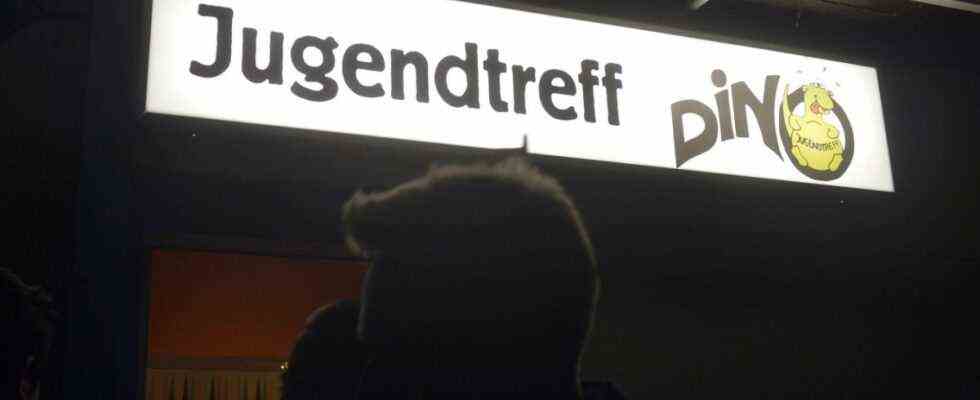“The fat years are over,” stated the Mayor of Haar, Andreas Bukowski (CSU), at the municipal council meeting on Tuesday evening. The budget for 2022, which was finally passed unanimously despite some criticisms, looks far less rosy than the previous ones. One reason for this: With the move of the pharmaceutical company MSD, by far the largest trade tax payer in the community, revenues will drop massively.
The planned trade tax income is ten million euros, 28 million euros below the previous year’s figure. Other tax revenues are increasing slightly, but are nowhere near enough to cover the losses. However, investments are pending, and some measures are already underway. Bukowski was relieved to have already started projects such as the day care center in Edith-Hecht-Straße and the renovation of the former Maria-Stadler-Haus secured.
In addition, the renovations of the St. Konrad kindergarten, the community center and the Gasthof zur Post are to start in the coming year. The expansion and renovation of the Ernst-Mach-Gymnasium should also be shouldered. In addition, there are smaller investments in the areas of fire brigade, building yard, playgrounds and kindergartens. The expenses will exceed the income in the coming year by 18.5 million euros. As early as 2022, 16 million euros will have to be withdrawn from the reserve in order to cope with the task volume.
The budget also provides for new debt of 2.9 million euros. The debt rises to 18.5 million euros. It should be back at the current level by 2025. “So the coming period will not be easy for our community,” said the mayor. Nevertheless, he is optimistic that an investment program will be launched that will set the course for future viability.
Thomas Fäth (SPD) was relieved to see that no red pencil had been made in the administration. “Save, but not at any price,” is the motto. The SPD is pleased with the planning of important projects, above all the new building of the Dino youth club, which is to be implemented in the sustainable and ecological cradle-to-cradle concept. However, he also pointed out that it is unlikely that all construction projects could be implemented. Lack of capacities in administration, scarcity of raw materials or the unavailability of executing companies are potential brakes. Nonetheless, Fäth was optimistic: Hidden reserves were still there and income such as business tax was estimated very conservatively.
By contrast, Mike Seckinger (Greens) spoke of a “budget without a plan”. In view of the feared drop in revenue, the budget at hand would be in a state of shock. This draws a worst-case scenario and does not demonstrate any trust in one’s own activities to promote the economy and attractiveness of the location. The parliamentary group is happy about many of the upcoming measures, in particular about the new dinosaur building and the start of the framework planning in the center of the town, although the significant costs would only be incurred in the following years. Nevertheless, the package of measures is essentially characterized by “defensive reactions” and is lacking in design.
“We will have to bake smaller rolls,” says Dietrich Keymer (CSU). He considers the hopes of other groups for short-term improvements in the financial situation to be unfounded. “The income is just enough for the most important expenses.” On the other hand, taking on new debts is justifiable, as these are used for investments and to bridge the gap until outstanding subsidies arrive in Haar. However, Keymer warns: “The planned expenditures must be strictly adhered to. We are not in a position to put any more money on it.”
Peter Siemsen (FDP) said: “The high tax revenues in 2019 and 2020 will not return in this form.” He criticized the fact that the budget did not take into account the not yet fully foreseeable financial effects of the corona pandemic. “The household is sewn on edge.” He also expressed concerns about the rapid decline in the community’s financial reserves. “The reduction from around 51 million euros today to 3.8 million euros in 2025 clearly shows the imbalance between the income and expenditure side. but also important educational and social achievements at risk. “
Despite numerous points of criticism, the municipal council unanimously approved the budget for 2022.

